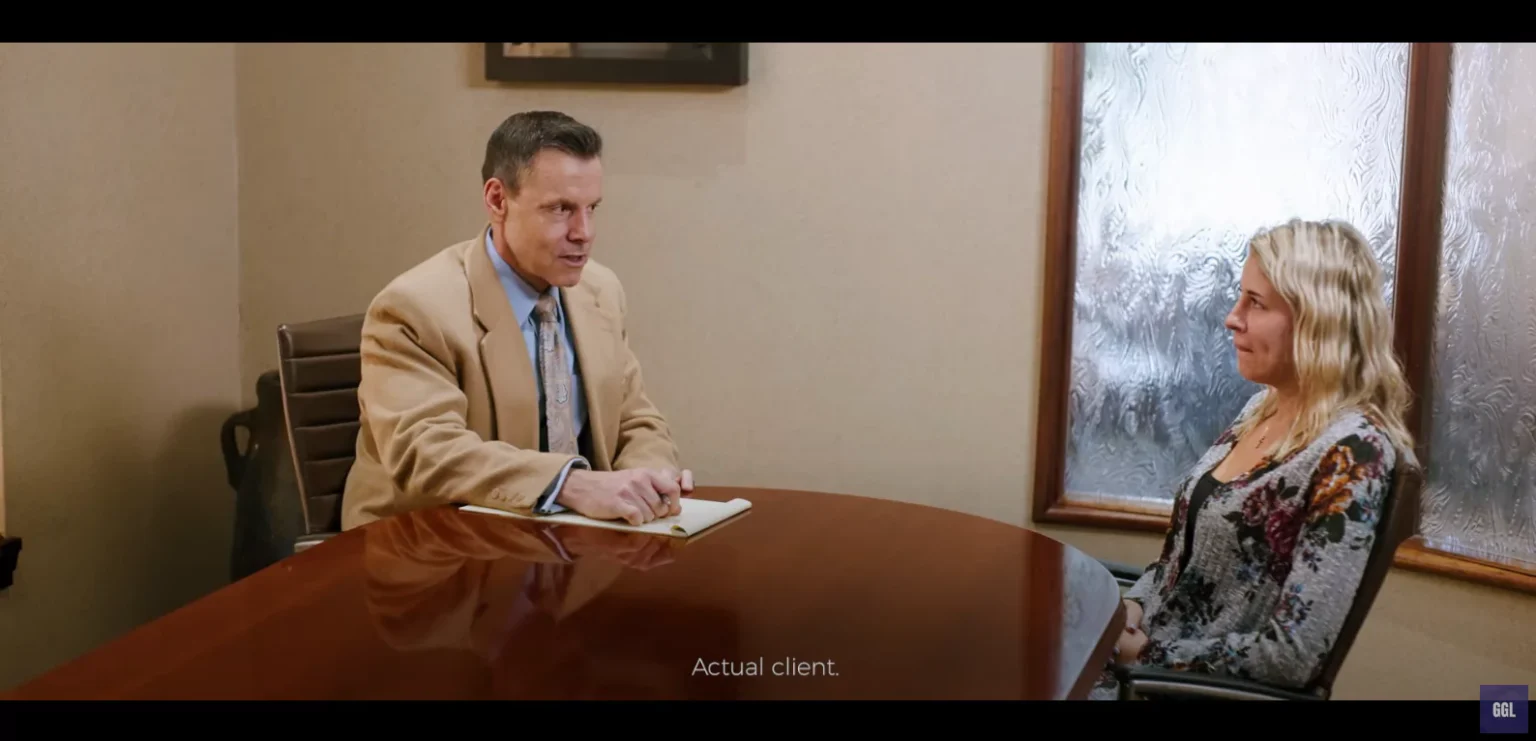What To Do After an Edison Car Accident
To ensure that you and your passengers, as well as any other drivers involved, are safe, calling the emergency services is the first thing you should do after an accident. Let them know if you or anyone else has noticeable injuries.
Under New Jersey law, you have to stop nearby after an accident. Never leave the scene since doing so can result in fees and legal issues.
The next step you should take is to exchange contact information with the other driver. Get their name, license information, plate number, and registration number.
While speaking with the other driver, don’t talk about the accident itself or who was at fault. It can also be a good idea to write down what happened during the accident while it’s still fresh in your head.
If there’s no police officer present at the scene, you’ll need to report the accident to the local, country, or state police. You’ll also need to inform your insurer of the accident as soon as possible. Not doing so immediately could impact future claims.
You also want to take pictures of the accident. If you have scrapes, cuts, or other injuries, make sure to take pictures. Do the same with any damage that occurred to the car. Document road markings and weather conditions as well. All of this will help the police, your insurer, and your lawyer.
A lawyer can ensure you have the right evidence to support your claim. Make sure to seek legal guidance from an Edison car accident attorney as soon as possible after your crash to protect your rights.
Common Car Accident Injuries
Car accidents can result in many types of injuries, from minor scrapes to serious spinal cord injuries that can take away your livelihood and leave you in a wheelchair. Some of the most common injuries that car accident victims suffer include the following:
Insurance Adjusters Are Not On Your Side
Part of dealing with the aftermath of a motor vehicle accident in Edison is dealing with insurance adjusters. These professionals are likely to be friendly and even appear helpful, but it is vital to remember that they are not on your side. Whether you are talking to your own adjuster or an employee of the other driver’s carrier, you will benefit from limiting what you share.
Insurance adjusters are trained to look for conflicting information in your claim. Getting even a minor detail wrong the second time you tell your story could be enough for the insurer to deny your claim. For most people, speaking directly with the adjuster is a risk not worth taking.
In some cases, an adjuster could actively attempt to avoid paying out your claim. They could take your words out of context, implying that an off-hand statement you made was an admission of liability.
The good news is that attorneys can help with this part of the process. Our firm can deal with your insurance company so you don’t have to. This avoids the risk of saying something that could hurt your case. Let our Edison car crash lawyers help you seek justice.
How Much Is Your Case Worth?
Every car accident is unique, as is every injury you may have sustained. That is why it’s important to consult car accident lawyers in Edison for help in getting compensation. There are many variables to consider, and it is important to find a lawyer who is experienced in taking all of them into account.
The extent of your injuries and their severity impact how much your case is worth. If you have injuries that require ongoing treatment or result in chronic pain, you will likely receive more compensation than if you suffered a few bruises. Your insurer will also consider whether the injury will affect your quality of life or your job.
Property damage also comes into play, as does financial loss if you have to miss work because of medical issues. Your insurance policy coverage terms matter as well.
Remember that insurers will always undervalue your case. By turning a lawyer, you benefit from having someone on your side who will fight for your rights and the kind of compensation that you deserve.
Potential Damages in a Car Accident Case
You may be eligible to pursue damages if you have sustained injuries or property damage. For example, you may have medical expenses after a car collision. These costs count as losses for which you can recover compensation.
Medical expenses might include:
- Ambulance fees
- Physical therapy
- Cognitive therapy
- Permanent disability
- In-home services
- Consultations with healthcare professionals
- Accessories, like crutches
- Hospital bills
- Pharmacy bills
If you need future medical care after a car crash, your Edison attorney can calculate these expenses at future rates so that you can receive the help you need.
Similarly, if the family of a loved one who died because of the accident files for wrongful death, they can also get coverage for the loved one’s hospital bills and burial expenses.
Loss of companionship or affection is another type of damage you can claim. If someone died because of a car accident or suffered severe injuries that changed who they are, family members can claim damages for loss of companionship and support.
Pain and suffering is another type of claim you can make. This refers to mental and physical distress, depending on the severity of the injuries you suffered and even the prediction of future pain associated with the injury.
If you suffer from depression, anxiety, or PTSD (post-traumatic stress disorder) because of the accident, you can include these issues in your pain and suffering losses because of the way they lower your quality of life.
You can also claim damages related to wage losses. If you had to miss work because of injuries, or if you had to change or modify the kind of work you do because of the injuries, you will likely be able to get compensation to cover these losses. Additionally, if your car was damaged, this falls under compensable losses.
Is New Jersey a Fault or No-Fault State?
New Jersey is a no-fault state. This means the people involved in the accident get compensation from their insurers.
In New Jersey, you are required to have three types of insurance, including:
- Personal injury protection (PIP)
- Liability insurance
- Uninsured motorist insurance
New Jersey also has a “choice” no-fault law that allows you to select between a limited right to sue and an unlimited right to sue. A limited right to sue allows you to sue the person at fault beyond what PIP and no-fault laws provide, but you can only do so if you have sustained severe injuries.
With an unlimited right to sue, you can sue the person at fault, no matter what your injuries were.
What You Can Expect After Contacting Our Firm
Our firm is here to help you maximize your recovery following a motor vehicle collision. Some of the things you can expect our firm to do in order to win your case include the following:
Evidence Gathering
Once you contact our firm, the first step is a thorough investigation into your accident. We gather key evidence such as police reports, medical records, witness statements, and photos of the scene. This process builds a strong foundation for your claim and helps us understand the full extent of your losses.
Negotiations
Negotiations are a common part of the car accident injury claim process. Of course, most people would rather avoid facing off across a negotiating table with an attorney or skilled negotiator. Our firm is ready to represent you during this process while leaving all major decisions up to you.
Settlement
It is common to resolve a car accident injury case through a settlement. This approach allows you to receive compensation in less time than it might take to go to trial. The decision to settle is yours, but we can provide you with all the information you need to make the smart choice.
Trial
If the insurance company refuses to make a fair offer, we are prepared to take your case to court. Our goal is to get you all the compensation you deserve. Sometimes, a trial is your best chance at recovering damages.
Frequently Asked Questions
What is “no-fault” insurance in New Jersey?
New Jersey’s no-fault insurance system requires you to seek compensation from your own insurance company following a crash instead of suing the at-fault party. The downside to this system is that your benefits are generally less than what you can recover through a civil suit. Thankfully, it is possible to step outside this system in serious cases.
Can I Sue For Punitive Damages?
Punitive damages are generally not awarded in car accident cases. One potential exception involves drunk driver accidents.
Do I Need an Attorney?
Only you can decide if you need an attorney for your car accident case, but representing yourself comes with serious risks. Legal deadlines and complex rules of evidence could derail your case if you attempt to handle it on your own.
Why Hire GGL?
You don’t have to deal with the consequences of the injuries and property damage that can happen during a car accident on your own. When you have a trusted advocate on your side to help you with your claim, you can focus on healing instead of legal worries.
The dedicated Edison car accident lawyers at Garces, Grabler & LeBrocq have over 30 years of experience fighting for accident victims. With a no-nonsense attitude and a tenacious spirit, we can offer the guidance you need to get through this difficult time.
We’ll never under-settle your case and fight to give you the best chance at securing the compensation you deserve. Call 855-204-9827 or reach out to us online to schedule your free consultation today.





